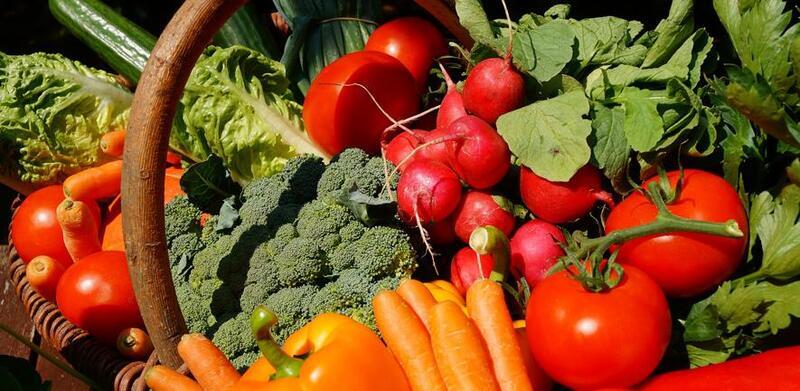
EU adopts new rules to significantly cut packaging waste with re-use targets
The European Union has formally adopted a regulation on packaging and packaging waste. The new ...

A Sustainable Food Policy at the University of Cambridge, which includes removing beef and lamb from the menu and promoting plant-based food options, has had a dramatic effect on food-related carbon emissions at the University, according to a report issued by the university.
In October 2016, the University Catering Service (UCS), which is responsible for 14 outlets across the University of Cambridge and over 1,500 hospitality events each year, implemented the policy, which focused on the areas with the biggest impact without compromising on cost. These were reducing the consumption of meat, in particular ruminant meat (beef and lamb); improving and increasing the availability of plant-based options; removing unsustainable fish from the menu; and reducing food waste.
The Sustainable Food Journey, published by the University’s Environment and Energy team, revealed that since implementation, despite increases in how much food was purchased, overall carbon emissions across UCS were reduced by 10.5%. There was a 33% reduction in carbon emissions per kilogram of food purchased, and a 28% reduction in land use per kilogram of food purchased.
“Sustainability is extremely important to our students and staff and we wanted to ensure that we were not only responding to their needs, but pushing what was considered possible in a catering environment,” explains Nick White, Head of the UCS. “This has involved making sacrifices, but is has been absolutely the right thing to do. It’s about making the right choice easy.”
Securing support from catering service staff was key to making these changes. Catering staff were briefed on the environmental benefits of the Sustainable Food Policy and why the UCS wanted to implement it. As cooking with meat is a key part of most chef’s training, the UCS provided chefs with vegan cookery classes and a trip to Borough Market to get inspiration for plant-based menus. Meanwhile, café managers were given training on marketing for sustainability rather than profit.
To encourage changes in behavior among the customers, UCS increased the number and variety of vegetarian and vegan options at the same time as removing ruminant meat. They also used subtle ‘nudge’ techniques, including placing the vegetarian and vegan options before the meat options and changing how food options were labeled.
“If you go to most restaurants, they’ll put a ‘V’ for vegetarian or label something as vegan,” says Catering Manager Paula White. “We didn’t do that, we just put what’s in it. You use your eyes, your nose. If you look at something and think ‘Wow, that looks good’, you’re not first of all thinking ‘Is there beef in that?’”
The Sustainable Food Policy has been widely supported by customers. The UCS now sells more sustainable, plant-based food, and as a bonus, they retain the same level of footfall, and have increased their gross profits by 2% from 2014/2015 to 2017/2018, despite increases in food costs.
Andrew Balmford, Professor of Conservation Science at the University of Cambridge, who advised UCS on how to make the necessary changes, says: “The University’s catering managers have, in a very short time, dramatically reduced the environmental footprint of their operation by removing ruminant meat from its menus, lowering food waste and eliminating unsustainably harvested fish– while simultaneously increasing sales and profit. It is hard to imagine any other interventions that could yield such dramatic benefits in so short a span of time.”
The UCS also decided to stop selling single-use plastic bottles, and have replaced these with glass bottles, cans or bio-degradable bottles. This has led to saving over 30,000 plastic bottles from landfill per year.
The European Union has formally adopted a regulation on packaging and packaging waste. The new ...
Inaugurating the Abydos Solar Power Plant in the Upper Egypt governorate of Aswan represents a ...
Businesses that fail to adapt to climate risks like extreme heat could lose up to ...


اترك تعليقا